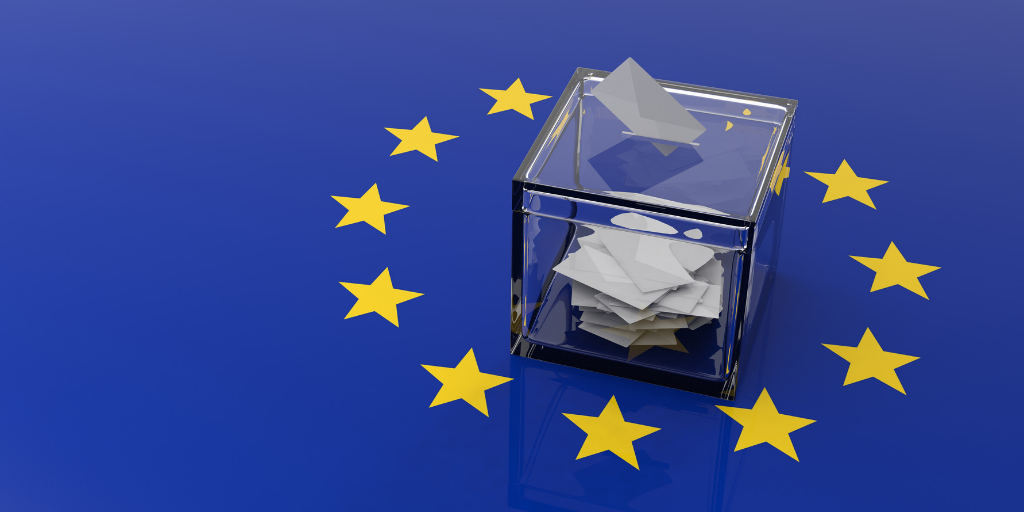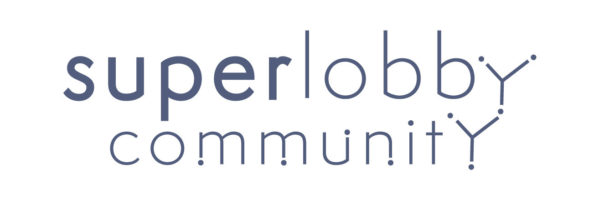
The European Elections are coming. I know that it might not feel like this but brace yourselves; we are heading toward the Europese Elections in 2024. I think that the Public Affairs community only has a couple of months to be complacent before the bonanza begins. Based on the experience of the last two rounds I tried to construct a playbook for the coming two years. Reach out to me if you have more tips or hints!
Current Commission and Parliament: Backlog and priorities
The European Commission has published its final Work Programme. This means that the focus will be on delivering the files as articulated in the previous work programmes and the political guidelines of Von der Leyen. However, the institutions will not be able to deliver as there is a serious backlog, not in the least caused by the overly ambitious program of the European Commission. So prioritization will need to take place. Each year, the European Parliament, the Council and the Commission discuss and agree on the EU’s legislative priorities for the upcoming year, which are set out in an annual Joint Declaration. In the coming years, this Joint declaration will dictate what will actually be adopted or not. In general, expect a lot of pressure in the final months to get as much as possible adopted.
European Political Groups: Spitzenkandidaten en manifestos
The political groups will also publish their group manifestos. I have never bothered with those and really wonder what the added value is. If anyone has other ideas or is actively lobbying to get something in the party manifestos, please reach out as I am not positioned to say whether they are useful. I do notice however that the group manifestos are adopted quite late. Just months ahead of the elections. As an example here is the manifesto of the Greens and the manifesto of the EPP. So expect manifestos of the political groups to come out somewhere between March to May 2024. Staying with the group dynamics also be on the lookout for the nomination of the Spitzenkandidaten nominations. The EPP last time around nominated Weber in November 2018. At the EPP’s Helsinki Congress on 8 November 2018, Weber received 79 % of the delegates’ votes, defeating Alexander Stubb (National Coalition Party, Finland). The Greens and SD also nominated their Spitzenkandidaten in November 2018. Be sure that most Spitzenkandidaten will be nominated by the end of 2023. Click here for a good read on the procedure for the Spitzenkandidaten.
[Like this blog? Sign up for my newsletter to get similar context every week!]
National Matters
Far more interesting, are the elections taking place at the national level. I say this because right now European politics is an aggregate of the national elections. I only have a lot of experience in the Dutch elections, so please reach out to me if it is different in your country!
At the beginning of 2023, you will see the first movement of people aiming to become leaders of their parties/factions. They will need to build both a profile as well as a base to rely on. A lot of parties have primaries, even though not all parties have them. Some parties are required to have a threshold of endorsements so those aiming to be party leaders in the European Parliament. For example, D66 requires people entering the primaries to have 1% of endorsements of the total party membership. This means that already in April/May you see some movement or people publicly entering the race. Then most primaries need to be done around the summer of 2023. I reckon most of them will be sorted out by September 2023. I had a program for the European elections and one of the smartest things to do is already to start inviting party leaders to your event/region/organisation already in September 2023. Most people wait until Q1 2024 for the invitations, but that is when EVERYBODY wakes up to the European elections and you will be last in line. Even if your event is in May 2024, invite the party leaders already in September 2023.
What is left is to finish up with the party manifestos. At the national level, I have witnessed a big difference among parties. Some signs of election manifestos are already in 2023, some wait a bit longer. The bandwidth is between September 2023 and March 2024 which indeed is a wide bandwidth. Make sure you analyse and try to amend the party manifestos at this stage.

On election night
There is nothing to do but enjoy the evening and drink beer.
The Aftermath
After the dust of the elections settles there is no time to waste. A whole string of issues will arise. The first concerns the election of people to certain positions. This will start right after the elections. The Commission, Parliament and Council President are all up for grabs.
While you will have no impact on this you will want to monitor this closely. But also other positions like committee presidents and even the very position of member of a specific committee. While your influence is limited, I have always tried to nudge or interest MEPs in certain committees. Also by stressing the importance of a certain committee to the party leaders. This is also the time to lobby for an Intergroup. Intergroups are quasi-formal groups within the EP, aimed at holding informal exchanges on particular subjects between Members and civil society. They can be formed by Members from any political group and any committee. At least three political groups need to be involved to form an intergroup. You will have a between the elections and the rest of the year to form an inter-group. When it comes to the positions (If I am not mistaken) then most of the positions will be decided on in the first plenary session of the European Parliament.
Von der Leyen, however, was selected and proposed by the European Council on the 3rd of July 2019 following three days of negotiations between leaders of the member states. What surprised me incredibly was how fast Von der Leyen, presented her Political Guidelines; already on the 19th of July 2019. Apart from lobbying to get your issue in the political guidelines, you could also lobby for political discontinuity. This was an invention by Juncker. At the start of a new European Commission, The EC reviews proposals of the previous. EC. It then decides whether to pursue or stop these proposals. Surprisingly, Von der Leyen didn’t apply it. Let’s see what happens in 2024. Then September and October will be used for the hearings of the EU Commissioner Designates.

